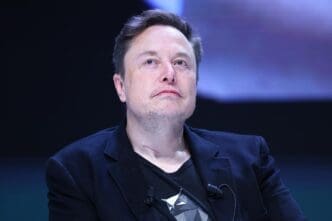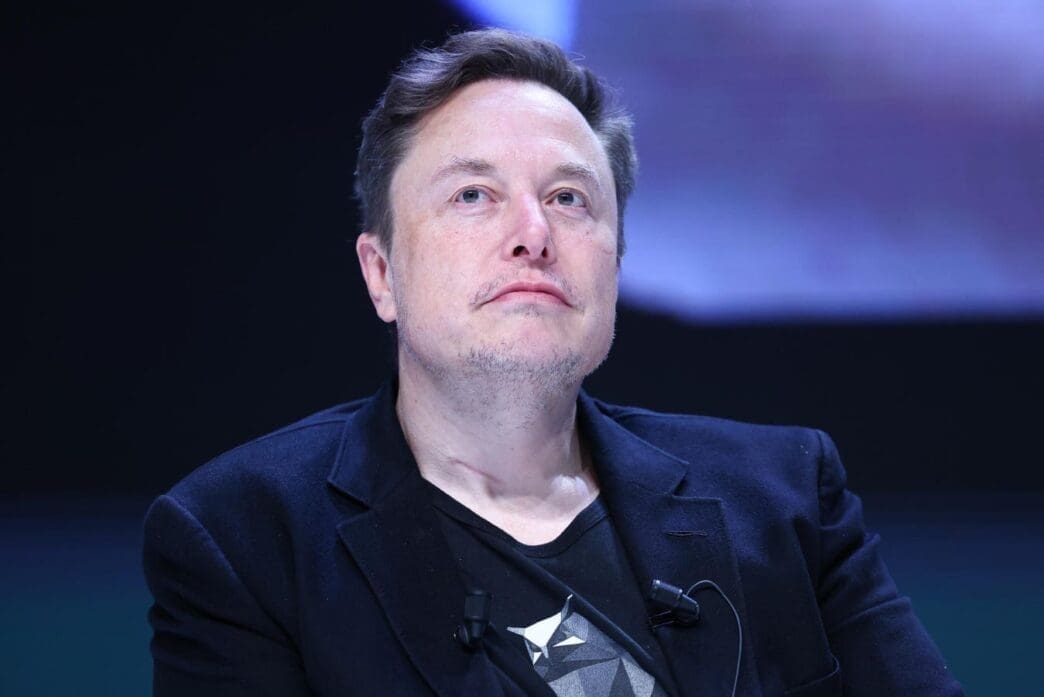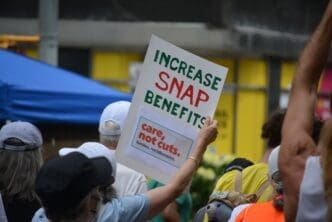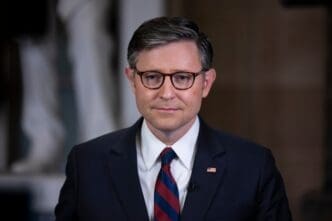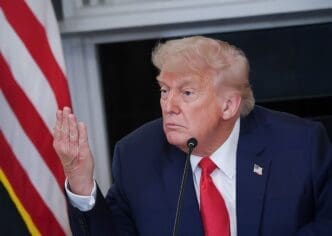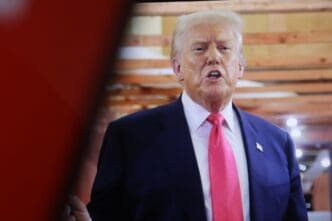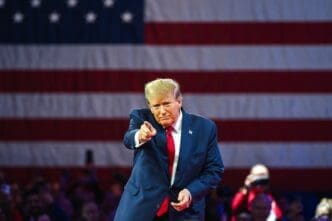In a move that underscores the ongoing tension between government unions and the Department of Government Efficiency (DOGE), a federal judge has denied a motion to block Elon Musk’s department from accessing the U.S. Department of Labor’s systems. This decision marks a significant moment in the legal battle spearheaded by one of the largest labor unions in the United States.
The lawsuit, initiated by the American Federation of Labor and Congress of Industrial Organizations (AFL-CIO), challenges the access granted to Musk, who has been tasked by President Donald Trump with leading government cost-cutting initiatives. The union argued that this access might enable Musk to view sensitive information related to investigations involving his companies, SpaceX and Tesla, as well as data on his competitors.
Federal Judge John Bates, presiding over the case in Washington, D.C., concluded that the AFL-CIO had not demonstrated any direct harm resulting from Musk’s access to the Labor Department’s systems. Judge Bates acknowledged concerns regarding the potential misuse of this access but emphasized the need for concrete evidence of harm before taking judicial action.
AFL-CIO President Liz Shuler expressed disappointment but noted that the ruling is merely a setback, not an ultimate defeat. The union plans to present additional evidence to fortify its claims. Meanwhile, the Department of Labor has yet to provide public comments on the ongoing case.
Musk’s appointment to lead DOGE, alongside his responsibilities with Tesla and SpaceX, has sparked controversy among lawmakers and advocacy groups. They argue that his efforts may inadvertently dismantle essential government functions and lead to mass layoffs of federal workers. Moreover, another legal battle looms, as a separate group of federal employee unions has pursued litigation against the Treasury Department to prevent the transmission of sensitive financial records to DOGE personnel.
As part of his duties under DOGE, Musk aims to identify and eliminate inefficiencies within federal agencies. However, his approach raises alarms concerning the scope and impact of these initiatives. Critics cite Musk’s potential conflicts of interest, specifically in cases involving his personal business endeavors.
The White House has stated Musk will recuse himself from any conflicts of interest. Yet, his unique position as a special government employee allows some leeway in adhering to traditional federal ethics rules. This unconventional arrangement grants Musk substantial influence over the federal workforce, creating unease about the long-term implications for government operations.
The decision by the federal judge is a crucial moment in the broader debate over the influence of private sector leaders in government roles. As the legal proceedings unfold, stakeholders on all sides remain vigilant about the potential impacts on federal employees and government integrity.

